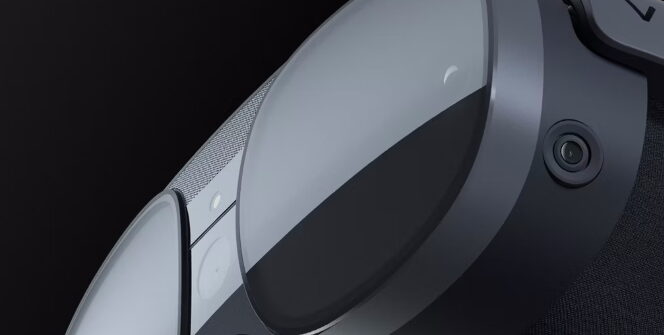TECH NEWS – The company behind the former HTC Vive virtual reality headset is reportedly developing a new device to compete with the Meta Quest range.
HTC is reportedly planning to unveil a new VR headset to rival the Meta Quest range. Virtual reality sets have diverged along two paths in recent years. High-end PC headsets provide a niche experience, while mobile-focused standalone headsets are reaching a growing market. HTC Vive was a significant competitor in the niche market when it launched in 2016. Now, however, the company looks set to compete in a new area of virtual reality.
The Meta Quest 2 is the dominant standalone headset in the current market for several reasons. Running without a PC or mobile phone, it runs on an internal Android platform, although it can also be connected to a PC for extra performance.
It’s also surprisingly powerful, with an LCD panel with a 120Hz refresh rate and a resolution of 1832×1920 per eye. Perhaps its biggest attraction, however, is its $299 price tag.
HTC will have its work cut out to compete with the Meta Quest 2. But rumour has it that they have serious plans. The company is reportedly planning to announce and unveil its next VR headset at CES 2023, which starts on January 5. Like the Meta Quest 2, the new headset is designed to be an all-in-one, standalone headset that’s lightweight and easy to use.
A vital feature of the new VR set that the company hopes will make it a success is its focus on augmented reality experiences. The HTC headset will feature front and side cameras. Images from these can be fed into the headset. This will allow users to see what’s around them without taking the headset off. They can also play AR games or have other AR experiences. But this also comes with a risk. Because AR headset experiences are not necessarily as well supported as VR applications.
Unfortunately, we already know some of the downsides of the new HTC headset. It seems likely to be more expensive than $399.99, potentially significantly more costly.
Battery life will also be around 2 hours. This is similar to what was confirmed for the Meta Quest Pro. This will make it difficult for HTC to break Meta’s dominance in this segment of the VR market.
Competition is obviously also driving innovation. A hybrid VR/AR headset that can be used standalone is an exciting product. HTC may be unable to outdo Meta Quest 2 with its new headset. But perhaps it can offer VR enthusiasts something more attractive than the $1,500 Meta Quest Pro. We’ll have more information about the headset when we attend CES 2023, which starts on December 5.
Source: The Verge
HTC will announce a lightweight Meta Quest competitor at CES https://t.co/zRlE11ifOj pic.twitter.com/GSwaUIHcFw
— The Verge (@verge) December 17, 2022















